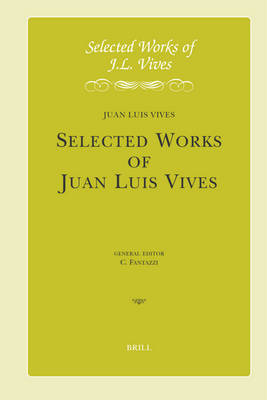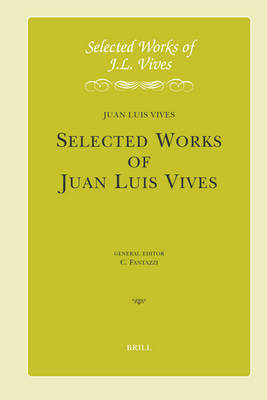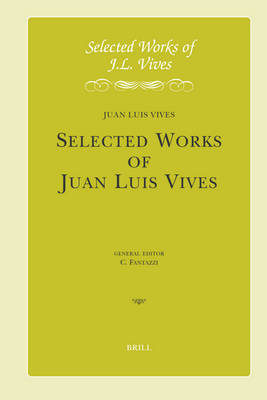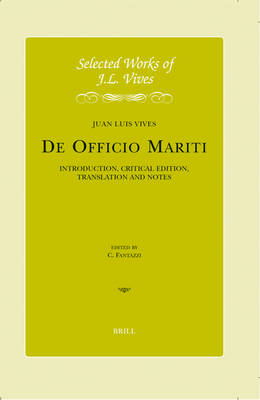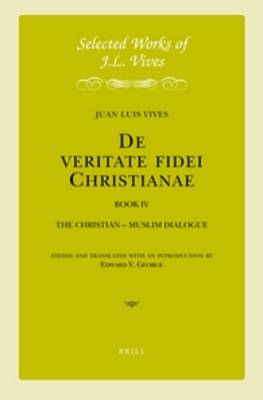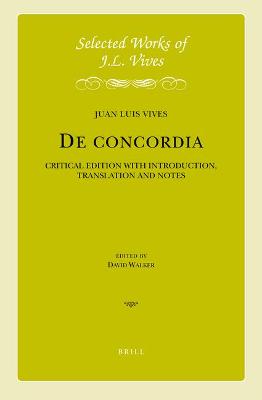Selected Works of Juan Luis Vives
9 primary works
Book 1
Variants are, of course, included in the critical apparatus.
The apparatus fontium gives us an insight into Vives as a humanist. To the English translation are appended a small number of explanatory notes. Finally, there are these three indices: an index nominum (with reference in each to an encyclopaedia article which contains the bibliography forming the basis), an index locorum, and an index verborum memorabilium (which indicates deviations from Classical Latin forms).
This volume is the first in a planned series of Selected Works which will follow the same concept.
Book 2
The fundamental theme is the danger of ruling by fear. Sulla's two friends, Fundanus and Fonteius, counsel respectively against and for Sulla's retirement when Rome is full of vengeful survivors of his savage proscriptions.
Book 6
J.L. Vives: De Institutione Feminae Christianae, Liber Primus
by Juan Luis Vives
Book 7
J.L. Vives: De Institutione Feminae Christianae, Liber Secundus & Liber Tertius
by Juan Luis Vives
De Institutione Feminae Christianae, 2, contains the critical edition of the Latin text of Books II and III with a double apparatus and a facing-page English translation with notes. It starts with a special introduction to this edition. Volume 1 covering Book 1 was published in 1996. By publishing the 2nd volume the complete text of this important treatise by Vives is now available.
Book 7
Book 8
Book 10
Book 12
It counsels the pursuit of peace following Christian principles, but it also explores the possibility of an aggressive war against the Turks as the means of unifying and saving European Christendom. It urges the calling of a council to deal with Luther. We present critical Latin texts and, for the first time, English translations, with introduction and notes.
Book 13
The De concordia merits a much more important place in Vives' oeuvre than scholars have hitherto given it. It is structured around the Augustinian concept of concordia and its antithesis, discordia. As such, it is an explicit attempt to understand current history in metaphysical terms. Vives' intention is not to give strategic or tactical advice to Charles V, but to examine the general disorder of Europe with a view to determining its fundamental nature and significance.
This is the first critical edition of the De concordia and the first English translation.
